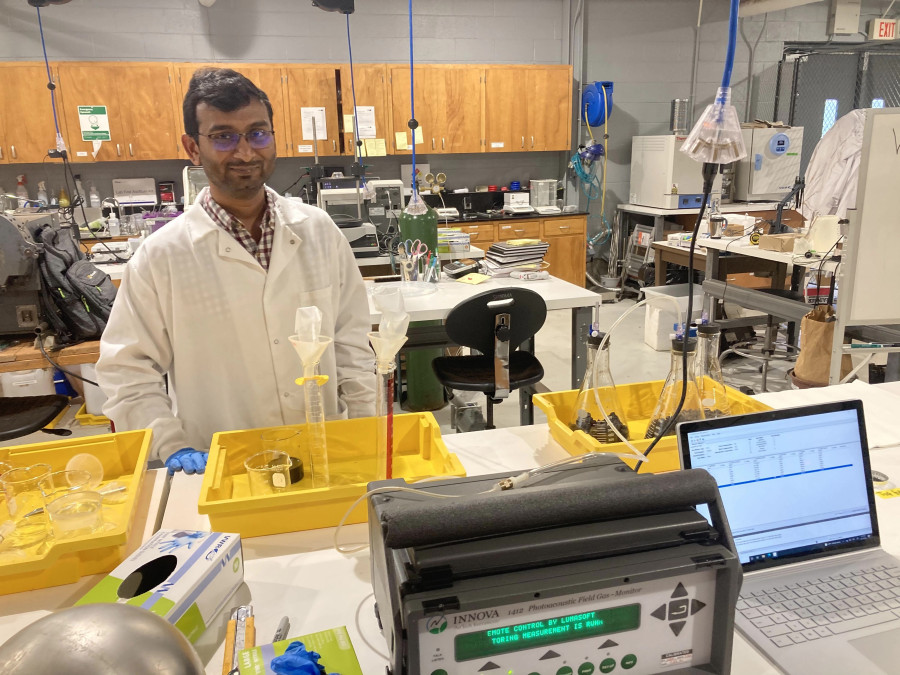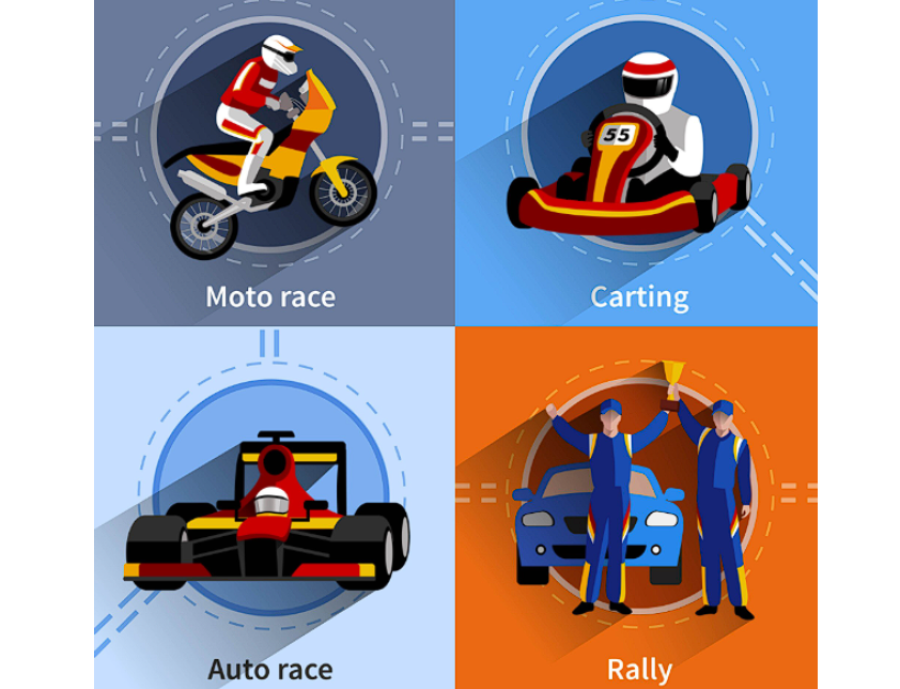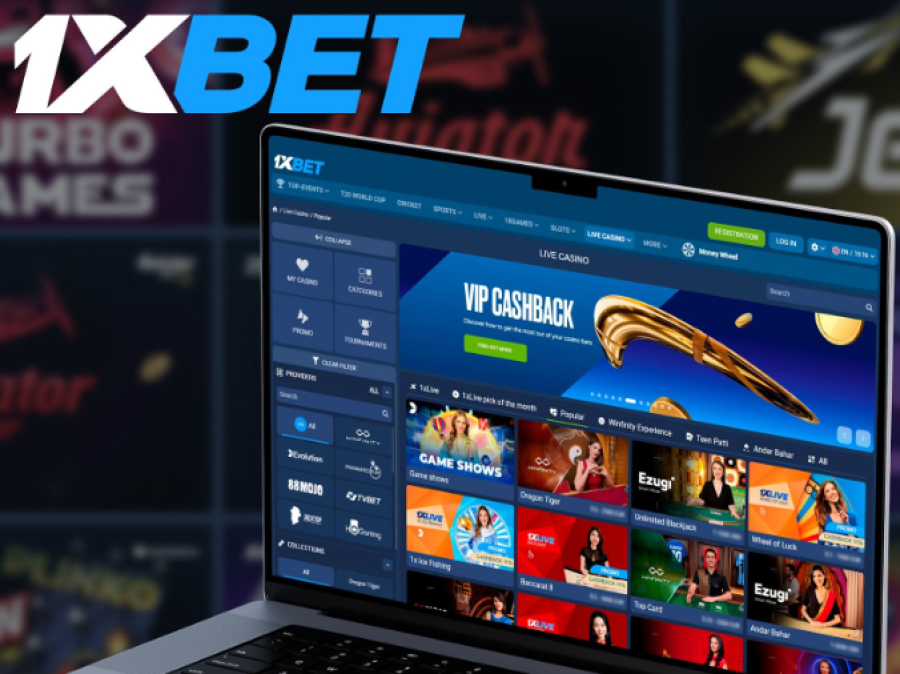Educational credentials have become the world's new currency. They're not just pieces of paper anymore—they're keys that unlock doors across continents, industries, and career paths. An International Baccalaureate (IB) diploma carries weight in Tokyo just as much as it does in Toronto.
The numbers tell the story. Coursera offers thousands of courses and launched 'Coursera Together' during COVID-19, giving away free certificates to millions of learners. India's Academic Bank of Credits now serves tens of millions of students, letting them transfer credits between institutions like frequent flyer miles. Countries aren't just competing for economic dominance—they're racing to build the most attractive credential systems.
But here's the catch: as credentials multiply and go digital, we're seeing both unprecedented opportunity and growing inequality. Some students have access to advanced prep tools and flexible learning paths. Others can't even get reliable internet. The question isn't whether this credential arms race is happening—it's whether it'll lift everyone up or leave millions behind.
Global Passports for Students
The International Baccalaureate and IGCSE have cracked the code on global recognition. Universities from Cambridge to Stanford treat these qualifications like VIP passes. They're the closest thing we have to a universal academic language.
Southeast Asia and Latin America are seeing explosive demand for these international credentials. Parents know that local qualifications might not travel well, but an IB diploma? That's a ticket to anywhere.
This creates intense pressure on students to perform. When your entire future depends on a handful of exams, you need every advantage you can get. The stakes are high enough that specialized prep tools have become essential, not optional. That exam-pressure is precisely why digital prep tools have surged into view.
Digital Prep Levels the Playing Field
High-stakes exams like the IB demand specialized preparation that goes way beyond traditional textbooks. Students need practice questions, video explanations, and performance tracking to compete effectively.
Digital platforms fill this gap. They provide comprehensive, accessible resources that work like virtual tutors available around the clock. These tools democratize exam preparation by offering expert-level support regardless of where you're located.
Revision Village addresses this need by offering resources for IB Math. The platform covers both Analysis & Approaches and Applications & Interpretation. It provides semiannual Prediction Exams, performance analytics, and step-by-step video solutions to over 350,000 students across 135 countries.
Navigating the Credential Buffet
Today's learners face a dizzying array of credential options. Micro-credentials, certificates, specializations, full degrees—it's like standing in front of an all-you-can-eat buffet where everything looks important but you're not sure what'll actually fill you up.
Coursera tackles this complexity with over 8,000 courses spanning everything from data science to creative writing. During COVID-19, their 'Coursera Together' initiative offered free certificates from April through December 2020, letting learners worldwide earn credentials without cost until December 31, 2020. Its adaptable structure aligns with diverse learner goals.
The challenge isn't just variety. It's ensuring these credentials actually mean something to employers. That's where accreditation becomes crucial, providing the institutional backing that transforms online learning into legitimate qualification. OpenClassrooms applies this approach with mentor-led degrees and professional programs accredited by the French Ministry of Higher Education. With 300,000 monthly students and a gender equality index score of 94/100, it shows how policy backing can enhance both quality and inclusivity in digital education.
Crossing Borders with Credentials
Digital credentials have become essential for skills-driven hiring processes. Employers increasingly prioritize competency evidence over traditional degrees, reshaping recruitment across industries from tech to healthcare.
But here's where it gets tricky. Having the right credentials is only half the battle—you also need to speak the local hiring language. Coach Sabiha, a Talent Acquisition Specialist and Career Coach, doesn’t mince words: "There is often a disconnect between global qualifications and UK employer standards. The challenge is not simply about having the right degrees or work experience. It's about knowing how to present that experience effectively within the UK hiring framework."
It's like having a perfectly valid driver's license from another country—sure, you can drive, but try explaining to a rental car company why your credentials should matter. This translation gap has created an entire industry of credential packaging and career coaching. Qualified professionals learn to reframe their achievements for local markets. While learners and coaches wrestle with translation, governments are rewriting the rulebook.
Policy Makers in the Credential Race
Governments have realized that credential friction costs them talent. They're rewriting rules to make skilled migration smoother, though approaches vary dramatically across regions.
British Columbia's International Credentials Recognition Act cuts through bureaucratic delays by mandating online process transparency and 14-day decision deadlines. Effective July 2025, it will eliminate local work-experience requirements for some internationally trained applicants—a move that recognizes competence doesn't require geography.
India's Academic Bank of Credits takes a different approach, creating a digital repository that lets tens of millions of students transfer credits between institutions seamlessly. It's like having a universal academic wallet that travels with you. These government initiatives mirror what private platforms like OpenClassrooms have been doing with their accredited programs—creating transparency and flexibility in credential recognition.
The Deepening Digital Divide
The pandemic revealed something uncomfortable: educational inequality isn't just about money—it's about bandwidth. Rural students with spotty internet can't load video tutorials or take online practice exams, making free digital resources effectively inaccessible. That irony turns accessible credentials into exclusive ones, widening gaps instead of closing them.
The risk goes beyond individual missed opportunities. When standardized global credentials become the norm, they can crowd out local curricula and teaching methods. Well-resourced learners can master both global and local systems, but others get stuck choosing between relevance and access.
Solutions exist—free prep tools, infrastructure investment, and curriculum integration—but they require coordination between institutions, governments, and platforms. The alternative is a credential system that promises equality but delivers stratification. But we don’t have to let credentials turn into barriers—there’s another path.
Building Bridges
The credential arms race doesn't need to be a zero-sum game. Digital access, platform design, and policy safeguards can align to make credentials empower learners rather than exclude them.
We're already seeing this shift happen. Revision Village brings IB Math preparation to students in 135 countries. Coursera's pandemic response proved how fast barriers disappear when there's genuine commitment to removing them. OpenClassrooms shows that accredited online education can deliver both massive scale and real equity. British Columbia reformed its credential recognition system while India launched its Academic Bank of Credits. Both prove policy can speed up mobility instead of blocking it.
Across platforms, policies, and prep tools, we’ve seen how transparency and access can turn credentials into genuine connectors.
Now let’s build those bridges—so talent and opportunity meet, no matter where they start.









